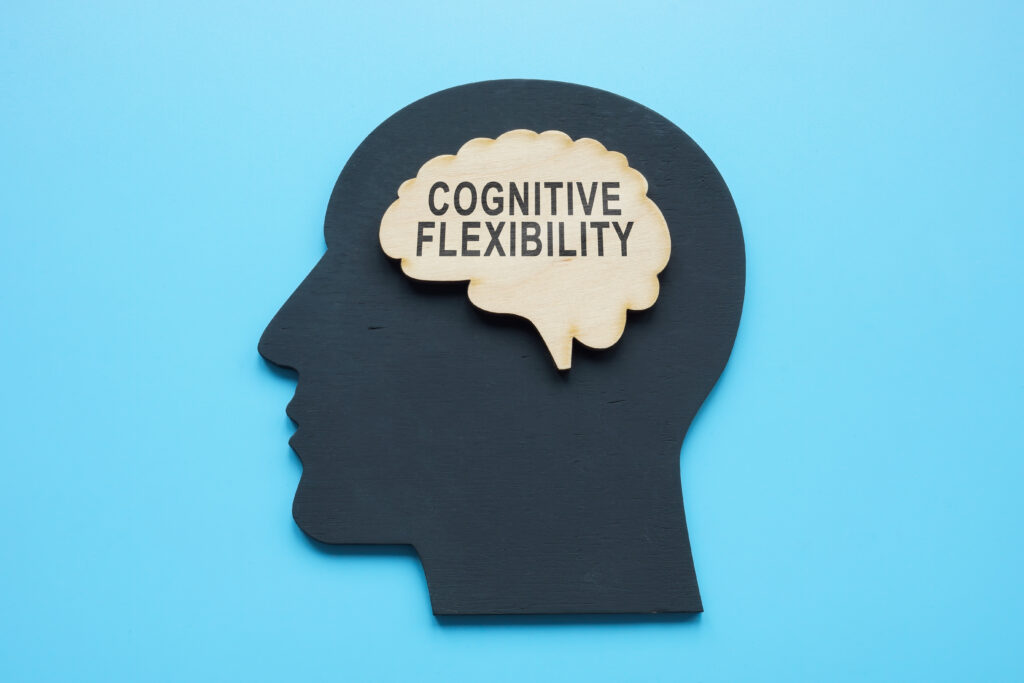Addiction is a complex and often misunderstood concept that has plagued humanity for centuries. It is a disease that affects millions of people worldwide and can have devastating consequences on individuals, families, and communities. While many may see addiction as a moral failing or a lack of willpower, the truth is that addiction is a brain disease.
To understand why addiction is classified as a disease, we need to first look at the nature of addiction. Addiction is defined as a chronic, relapsing disorder characterized by compulsive drug seeking and use despite harmful consequences. In simpler terms, it is when a person continues to engage in a behavior or use a substance despite negative consequences.
The most common types of addiction include alcohol, drugs, gambling, and even food. But regardless of the specific type of addiction, it all boils down to one thing – changes in the brain.
Our brains are made up of billions of cells called neurons that communicate with each other through chemical messengers known as neurotransmitters. These neurotransmitters play a crucial role in regulating our emotions, thoughts, and behaviors. When we engage in pleasurable activities such as eating delicious food or receiving a compliment, our brains release dopamine, a neurotransmitter associated with pleasure and reward.
In the case of addiction, the repeated use of drugs or engagement in addictive behaviors triggers a surge of dopamine release in the brain. This flood of dopamine creates an intense feeling of pleasure and reinforces the behavior, making the person want to repeat it over and over again.
Over time, the brain becomes accustomed to this increased level of dopamine and starts to adjust its functioning. It becomes less sensitive to the dopamine released from natural rewards, leading to a decrease in pleasure from everyday activities. This change in brain chemistry is what leads to the compulsive behavior seen in addiction.
Moreover, addiction also affects the brain’s decision-making and impulse control mechanisms. The prefrontal cortex, responsible for decision-making and impulse control, becomes impaired in individuals with addiction. This means that even when they are aware of the harmful consequences, they are unable to stop themselves from engaging in the addictive behavior.
These changes in brain structure and function can be seen through neuroimaging studies. For example, research has shown that individuals with addiction have altered functioning in areas of the brain responsible for decision-making, motivation, and reward processing.
Another crucial aspect of addiction being classified as a brain disease is its chronic and relapsing nature. Like other chronic diseases such as diabetes or hypertension, addiction requires ongoing management and treatment to prevent relapse. This is because the changes in the brain caused by addiction can persist even after the person stops using the drug or engaging in the behavior.
It is also worth noting that addiction can have both genetic and environmental factors. Some people may be more genetically predisposed to developing an addiction due to their brain’s chemistry. However, environmental factors such as stress, trauma, and peer pressure can also play a role in triggering addiction.
One common misconception about addiction is that it is a choice. However, this is far from the truth. While the initial decision to use a drug or engage in an addictive behavior may be voluntary, the changes in brain chemistry and functioning ultimately lead to the loss of control over the behavior.
So why is it important to understand addiction as a brain disease? For one, it helps reduce the stigma surrounding addiction. Just like any other disease, individuals with addiction need support and treatment rather than judgment and shame. Additionally, understanding addiction as a brain disease provides insights into effective treatment approaches that target the underlying changes in brain chemistry.
In conclusion, addiction is a brain disease characterized by changes in brain structure and function that lead to compulsive behaviors despite negative consequences. It is not a choice or a moral failing but a complex disorder that requires proper management and support. By understanding addiction as a brain disease, we can work towards breaking the cycle of addiction and helping those affected by it.


